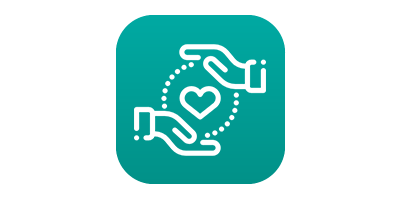Early diagnosis
Last year (2021-2022), over 100,000 patients were diagnosed with cancer at stages one or two when it is easier to treat – the highest proportion on record 1. The latest cancer staging data for 2020 shows that the number of early stage tumor diagnoses in London ranged from 52.9% in North West London ICB to 59.1% in North Central London ICB.
More people also had potentially lifesaving NHS cancer checks, with over 433,000 people seen, which is up by 11% on the same period before the pandemic (391,000 in 2019/20) – with over 1600 checks undergone every day 2.
However, there’s always more that we can do to support earlier diagnosis and, ultimately, save lives.
What are the barriers to early diagnosis?
- Poor awareness about the signs and symptoms of cancer, in particular symptoms which could relate to other health issues like changes in bowel habits or a persistent cough.
- Delays in getting a referral for appropriate tests or getting a hospital appointment.
- Fear of taking up GP time or about what the doctor might find.
What are we doing to ensure that more Londoners are diagnosed early?
The NHS Long-Term Plan sets out an ambitious target to have three-quarters of all cancers diagnosed at an early stage by 2028. The roll out new Rapid Diagnostic Centres (RDCs), the extension of the current screening programmes (including lower ages for bowel screening, lung health checks and new forms of cervical screening) and the new Faster Diagnosis Standard are some of the ways in which we plan to achieve this.
We are also supporting London’s health and care system by:
- providing a city-wide approach to urgent suspected cancer referrals;
- supporting implementation of evidence-based guidance for cancer diagnostics and screening and sharing best practice;
- developing educational resources and amplifying awareness campaigns for both healthcare professionals and patients to promote faster diagnosis at an earlier stage;
- creating regional data analytics tools to support local quality improvement projects and practice-changing research and addressing local health inequalities;
- supporting research into novel screening tools such as Cytosponge, Colon Capsule and self-test kits for cervical screening.
References
[1] https://www.england.nhs.uk/cancer/early-diagnosis/
[2] https://www.england.nhs.uk/london/2023/01/09/the-nhs-in-london-treats-more-people-for-cancer-than-pre-pandemic/





